One was a rock ‘n’ roll icon whose name became globally renowned; the other an American president who was forced out of office in disgrace.
So you might imagine there was nothing in common between Elvis Presley – an artist of whom Bruce Springsteen said: “It was like he whispered his dream in all our ears and then we dreamed it” – and Richard Milhous Nixon, the crooked catalyst for the Watergate burglary, who later claimed: “When the President does it, that means it’s not illegal.”
Yet, shortly before Christmas in 1970, the King showed up at the White House, resplendent in a purple velvet suit, gold belt and a Colt.45 pistol, and carrying a hand-written note for the President, outlining, among other things, his concerns about social issues ranging from “drug abuse and Communist brainwashing techniques”.
As if that wasn’t surreal enough, Elvis then offered his services as a special agent, argued he could help fight the war on illegal drugs and requested a Bureau of Narcotics and Dangerous Drugs badge, as the prelude to launching into a Beatles-bashing session.
This is just one of the many strange exchanges chronicled in a new book, Hey America, by Perth writer and broadcaster Stuart Cosgrove, which examines the often extraordinary story of black music and the White House and links stretching back 70 years.
As he relates, one of Nixon’s aides, Egil Krogh, who was present at the bizarre meeting, took notes of their conversation and it reads like something from Dr Strangelove.
Elvis had suspicious mind about Beatles
“Presley indicated that he thought The Beatles had been a real force for anti-American spirit. He said that The Beatles came to this country (the United States), made their money and then returned to England, where they promoted an anti-American theme.
“The President nodded in agreement. He then indicated that those who use drugs are also those in the vanguard of anti-American protest. Violence, drug usage, dissent, protest all seem to merge in generally the same group of young people.”
He wasn’t the only musician to lobby in or around the Oval Office.
Indeed, in Cosgrove’s hands, it soon becomes clear there were myriad connections between the biggest names in their field, from soul, funk, jazz and the blues, and different leaders of the free world.
Nixon’s transgressions, which eventually led to him resigning and many of his political coterie serving time in jail for their involvement in the Watergate cover-up, may have led to him departing the White House in disgrace.
But, for many years, he courted black musicians and record companies and was determined to enhance his profile in cities and states which were normally pro-Democrat to the core.
It didn’t always work, but as Cosgrove’s book confirms, there were victories, such as when he persuaded James Brown to support his campaign.
This was moving to the dark side
Hey America records how it happened and the seismic tremors it ignited: “Brown had grown up a Democrat. He was recruited by Bobby Kennedy, who made him a director of information for the Young Democrats in New York, but who died a few months later.
“Then, Republican friends encouraged him to work with Nixon, who he believed was passionate about civil rights issues.
(Brown said) “I thought he was a man who kept his word and who wanted to do the right thing. That’s what impressed me about him… when he talked and he wanted something done, there was nobody playing.”
Later in life, Brown admitted that turning his back on Hubert Humphrey’s presidential campaign to join forces with Nixon was like crossing to “the dark side”.
But the subsequent release of a tape recording showed the president’s true feelings.
When Brown visited the Oval Office in October in 1972, he realised he was in a false position and tried to lobby for the creation of a national holiday celebrating Martin Luther King, whose assassination has happened fewer than 10 years earlier.
Yet it was a suggestion that not only irritated Nixon, but led to him subsequently making his feelings clear about these encounters with a culture he didn’t understand, and for which he had no sympathy or tolerance. He had had enough.
As Cosgrove relates: “Although James Brown was immune to the frosty atmosphere, a 10-minute tape recording from the Oval Office reveals Nixon pushing back against the meeting.
He barked off-microphone at his aides: ‘No more black stuff. No more blacks from now on. Just don’t bring ’em in here.’
“In his unguarded moments, which were many, Nixon was prone to using insults that were already being confined to history.
He once said: ‘I hate intellectuals. There’s something effeminate about them. I’d rather talk to an athlete.’
“It was a view he shared with James Brown.”
The book contains many stunning images and conveys the panic of the Aids epidemic, the emotions provoked by such natural disasters as Hurricane Katrina and the political developments which led Barack Obama from Illinois to the White House in 2008.
Music was at the forefront of much of the progress made, but the author has done a terrific job of accentuating the social tensions and ambiguities among various racial groups which still exist in the United States and which, if anything, have been heightened since Donald Trump was inaugurated as the 45th president in 2017.
How different matters seemed as the Bush dynasty came to an ignominious end and – or so it seemed – a dramatic change was gonna come sweeping through America.
As Cosgrove said: “For Obama, embracing soul was not simply about being the first black president: it reflected a deeply held sense of history.
“He understood that the music had emerged from the great journey from slavery to emancipation, from the rural South to the urban North and from segregation to human rights. He also knew instinctively that respect had to be shown to every station on the track, from spirituals to gospel, from blues to soul and from disco to hip-hop, that the music had echoed the hopes and dreams of his people and the inevitability of change.”
However, if this “audacity of soul” was hailed as a new era in some quarters, there was another large base of Americans who detested the shift towards multiculturalism and believed their values were under attack from a so-called “enemy within”.
These were the people who flocked to the polling booths and supported Trump.
And yet, the story can’t be painted with such broad brush strokes and it’s to Cosgrove’s credit that he makes the effort to explain why a significant number of black people found common ground with Trump and his Make America Great Again movement.
He may have been shunned by many musicians, including Neil Young, Leonard Cohen, Bruce Springsteen, Adele, REM, The Rolling Stones and the estates of Prince and George Harrison, and he appalled Pharrell Williams by playing the hit song Happy without permission at his Future Farmers of America rally in 2018, just hours after 11 people had been murdered at a synagogue in Pittsburgh in a mass shooting.
As Cosgrove said: “In 2018, Kanye West pronounced on Twitter: ‘You don’t have to agree with Trump, but the mob can’t make me not love him. We are both dragon energy. He is my brother. I love everyone. I don’t agree with everything anyone does.’
“Chance the Rapper initially came to West’s defence. ‘Black people don’t have to be democrats’, he tweeted.
Days before the presidential election, Lil Wayne joined fellow rappers such as 50 Cent and Lil Pump in expressing his support for Trump’s policies and posing for a photo opportunity with the Republican candidate.”
There’s nothing straightforward or black and white in this history lesson. There was even another mystifying Elvis interaction with a president in the 1970s.
Cosgrove states: “According to The New York Times, just weeks before he died in (August) 1977, Elvis called President Carter (while) ‘incoherent’ and ‘totally stoned’ in an attempt to seek a presidential pardon for a sheriff he knew.
“Carter ‘talked to him for a long time’ and tried to ‘ease Presley out of his paranoid delusions’, but explained that he couldn’t issue a pardon until after a trial.”
Elvis couldn’t grasp the situation and called the White House many times thereafter.
But, not long afterwards, he had left the building forever.
- Hey America is published by Polygon Books.
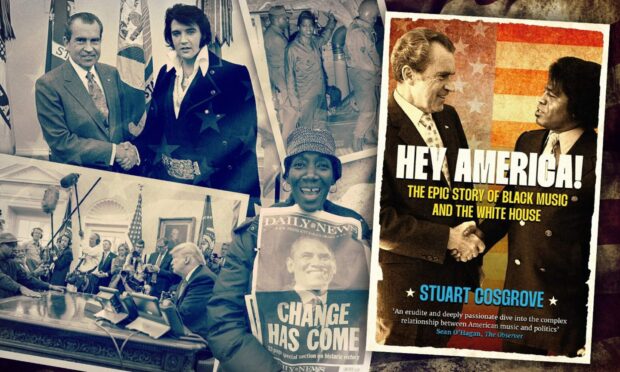
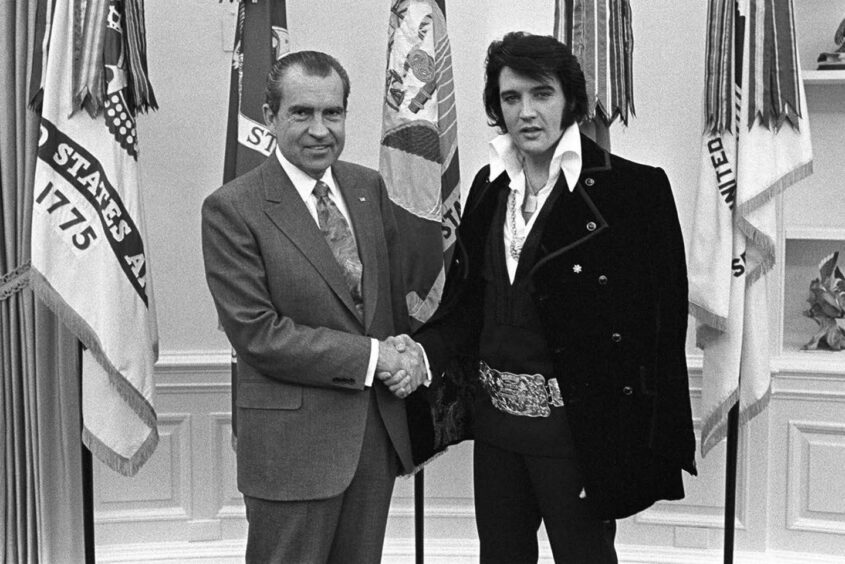
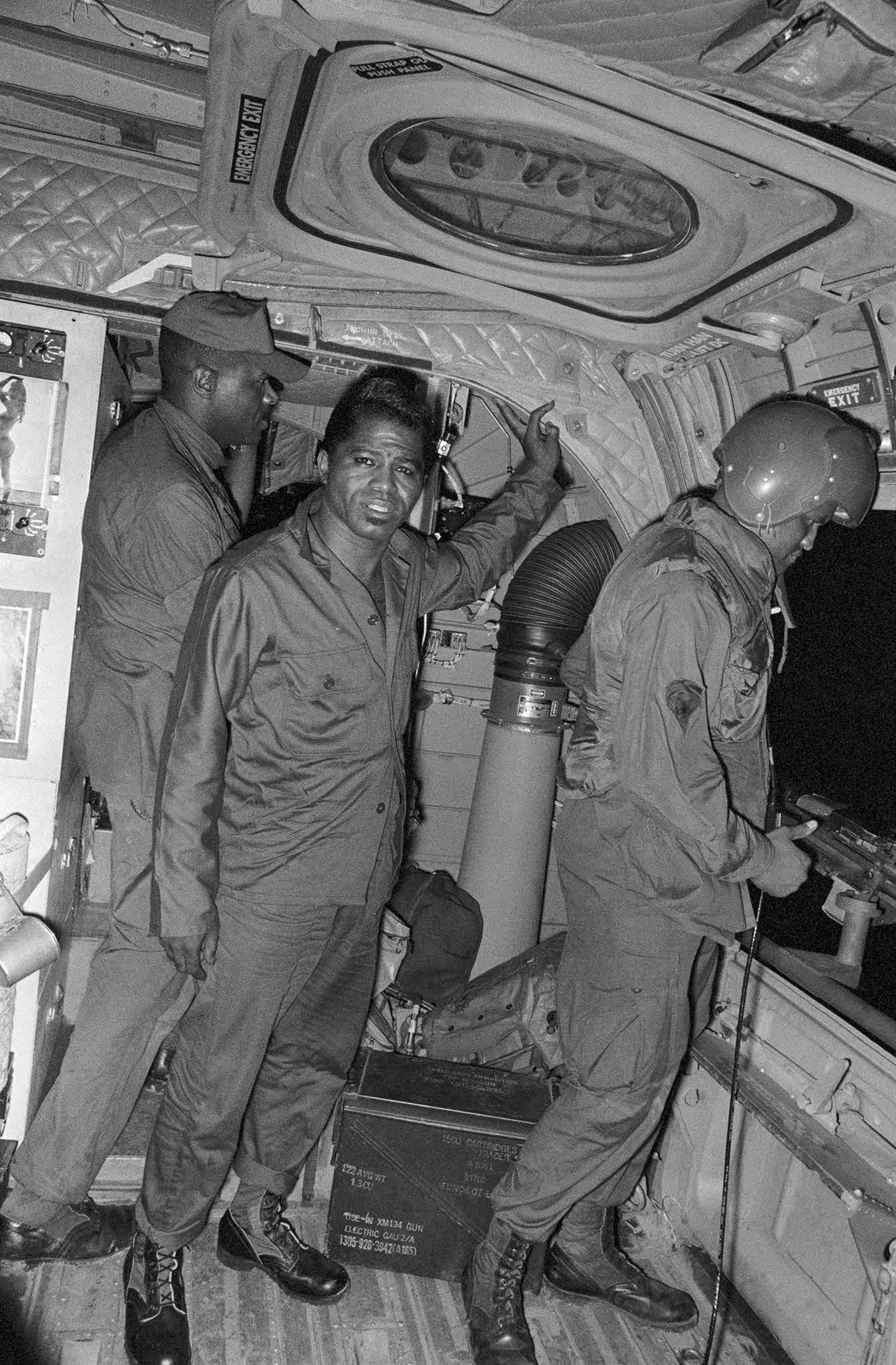
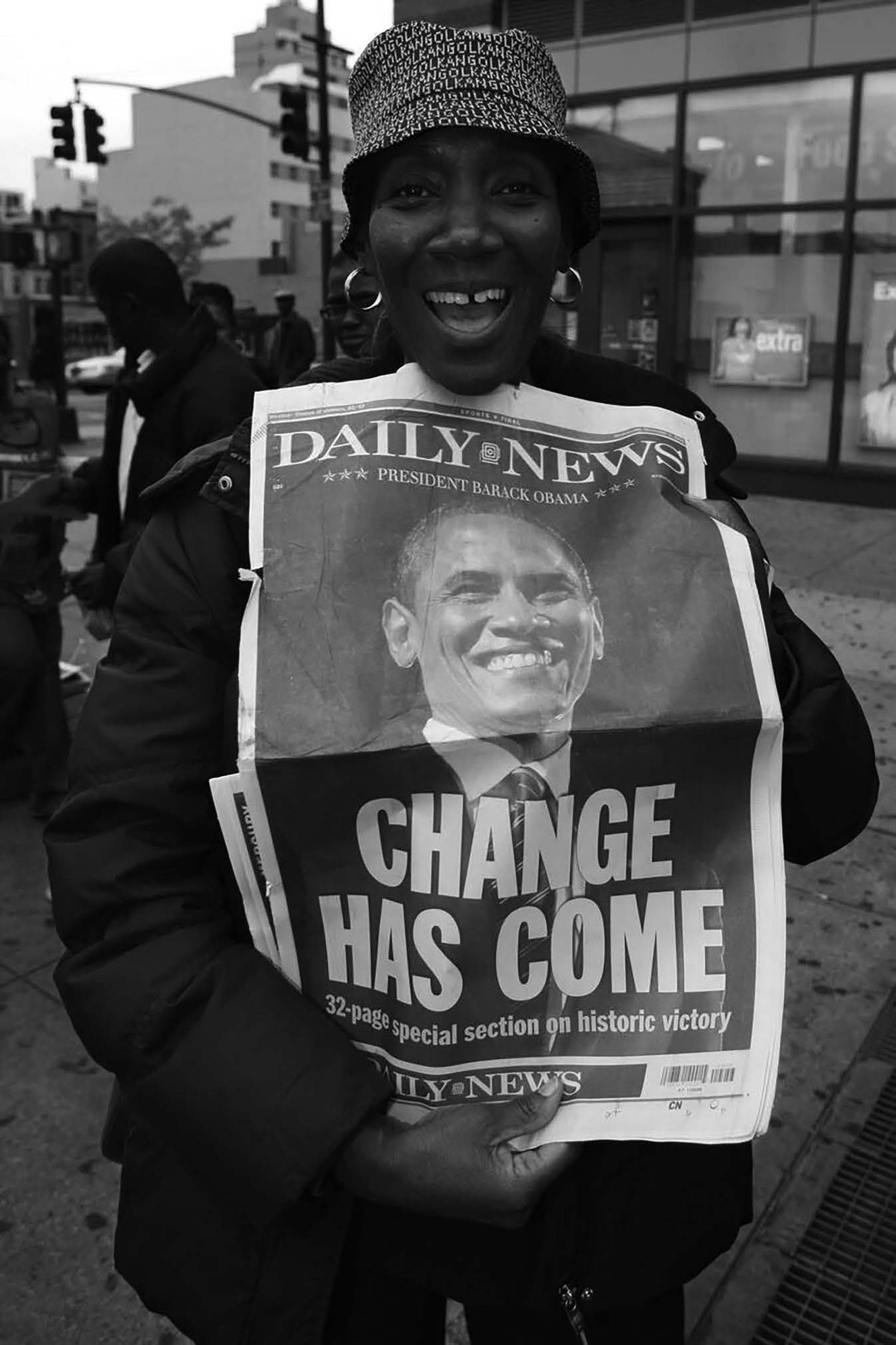
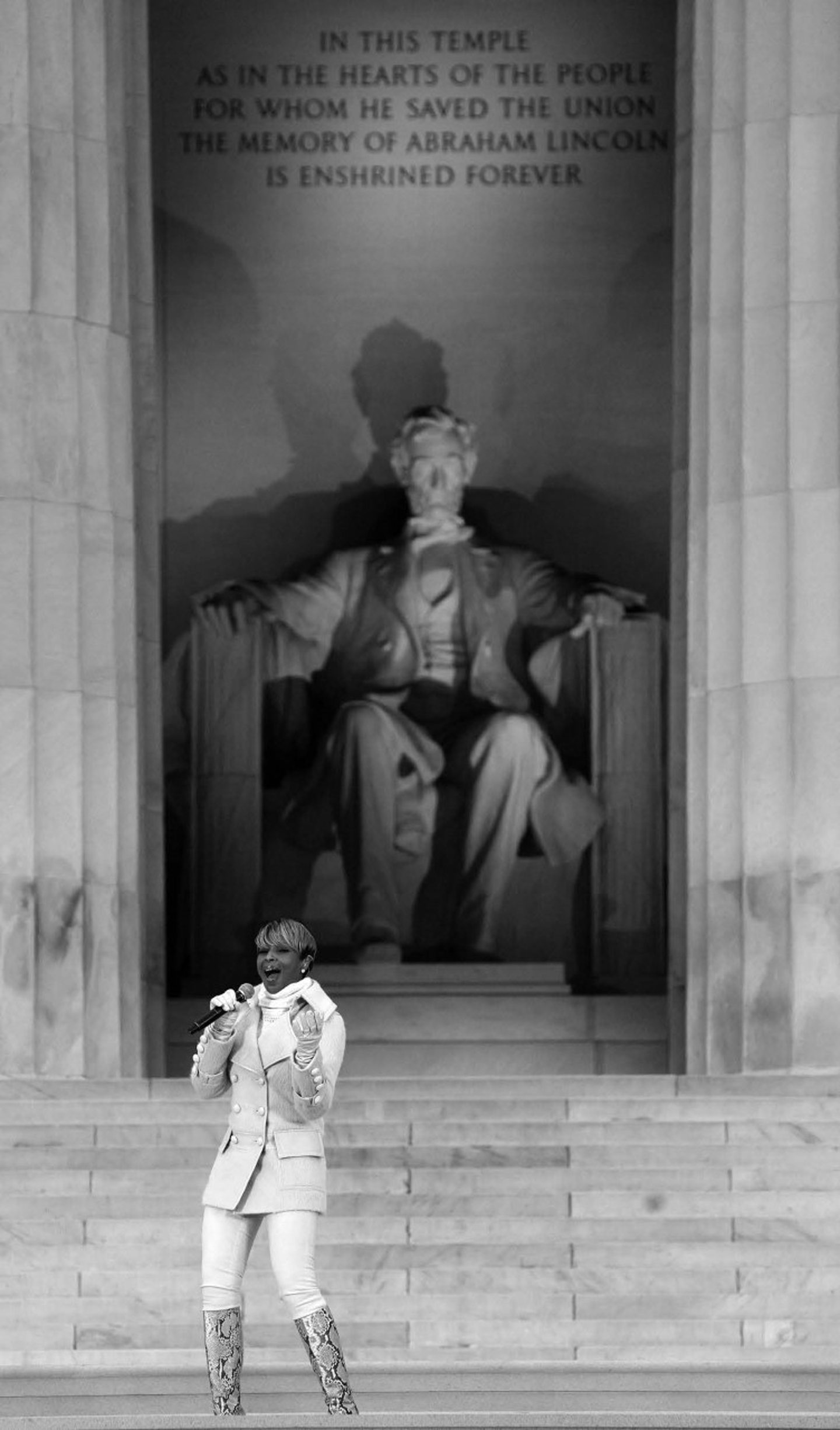
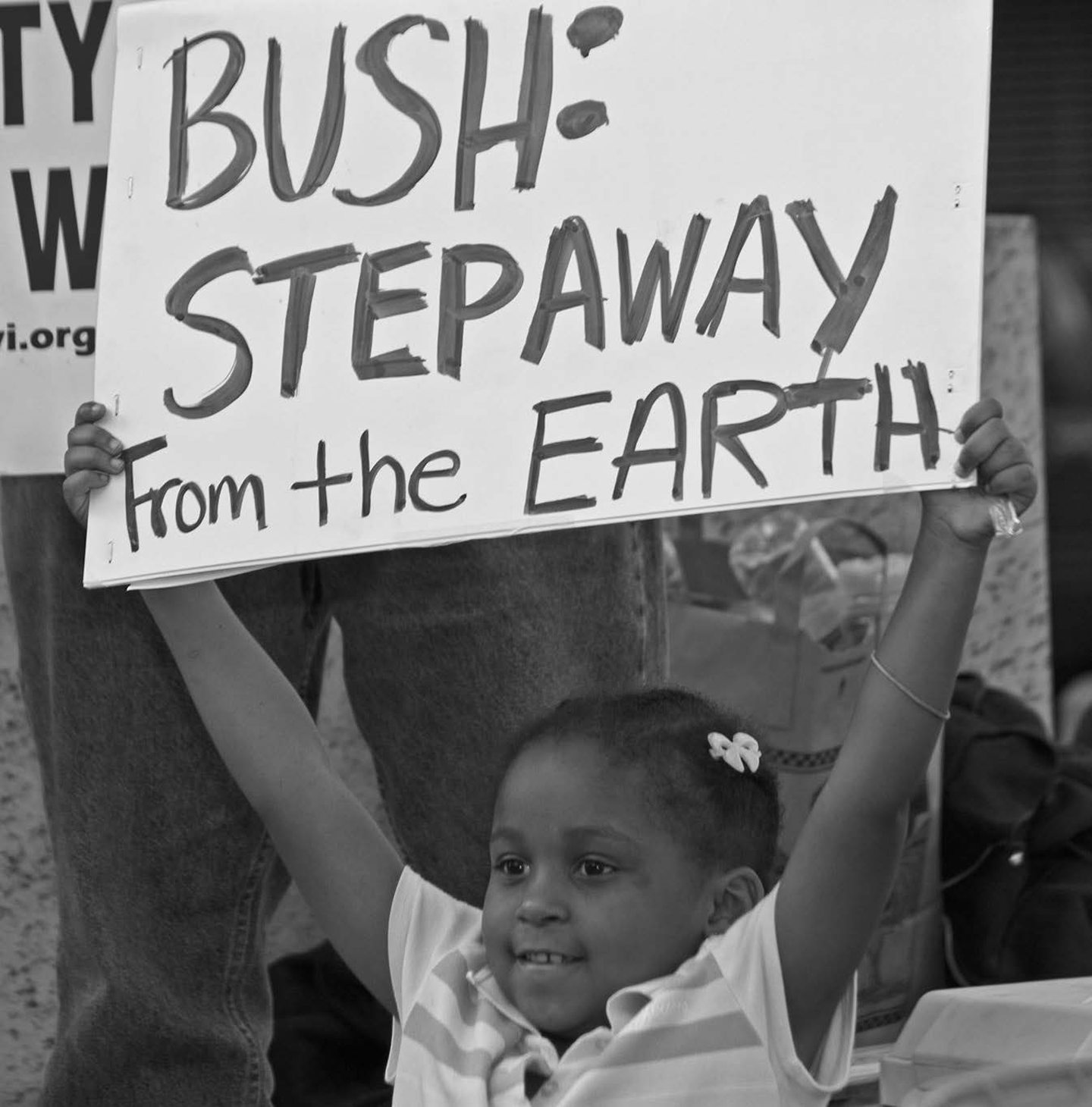
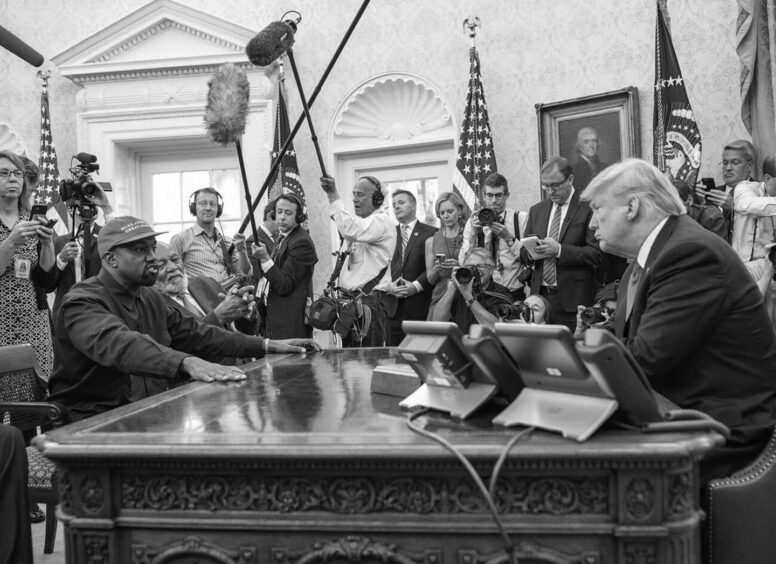

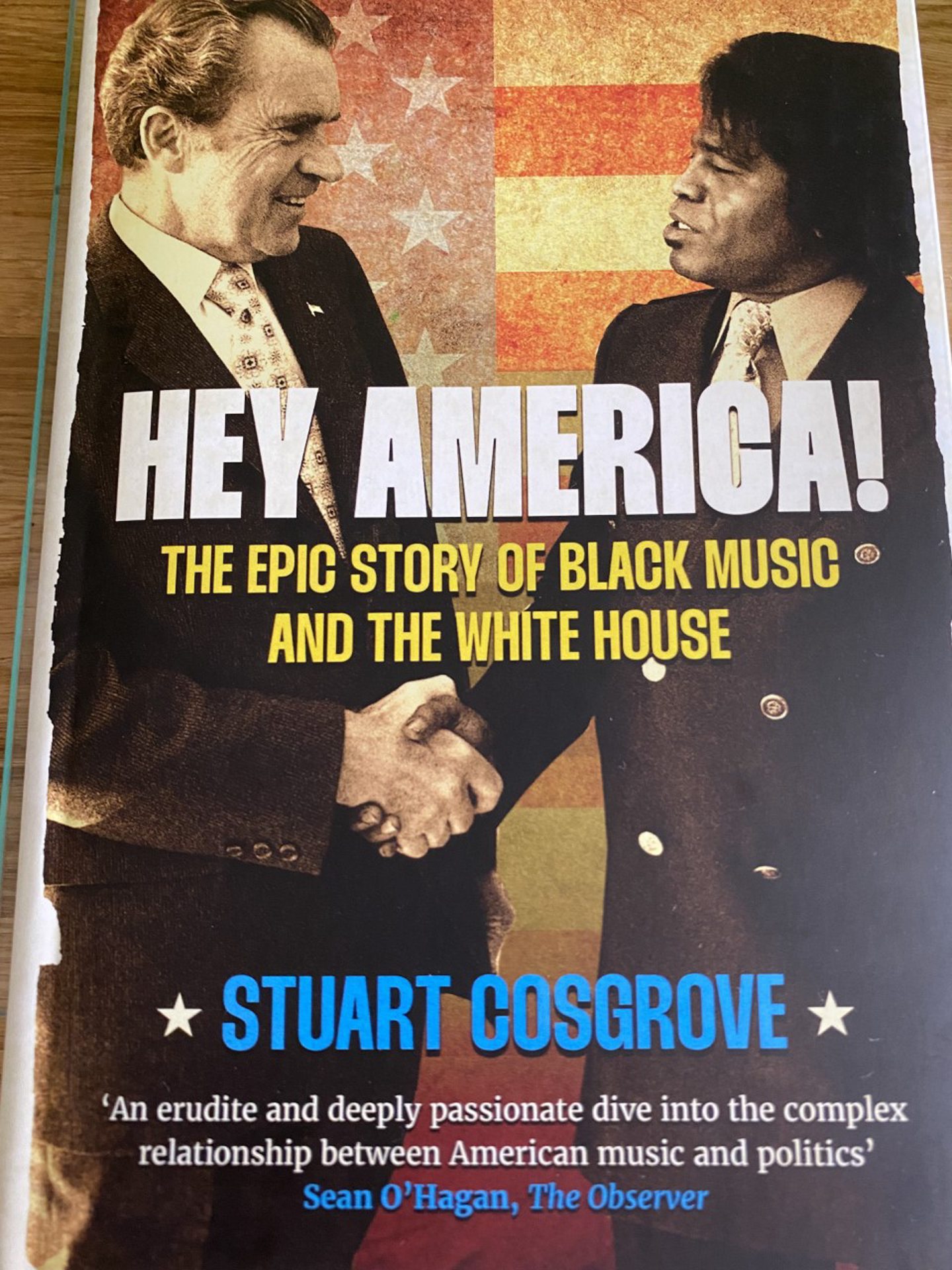
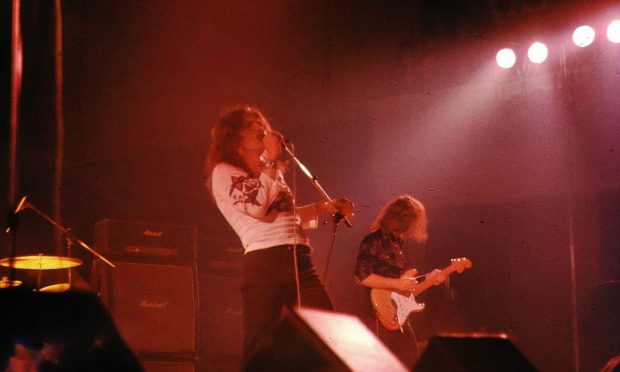
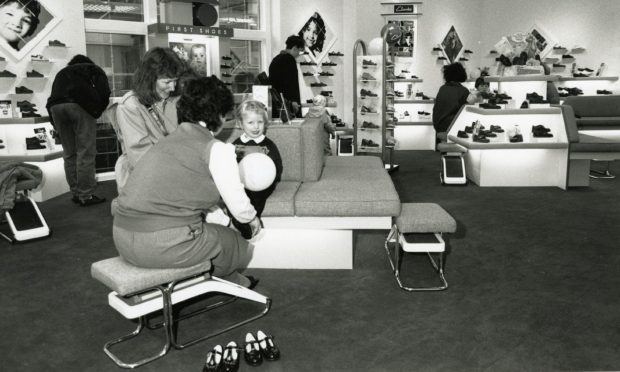
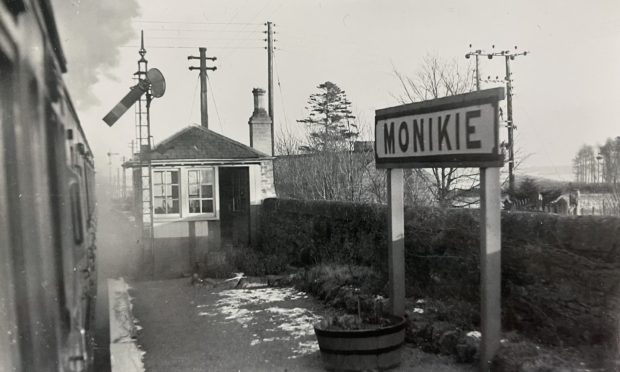

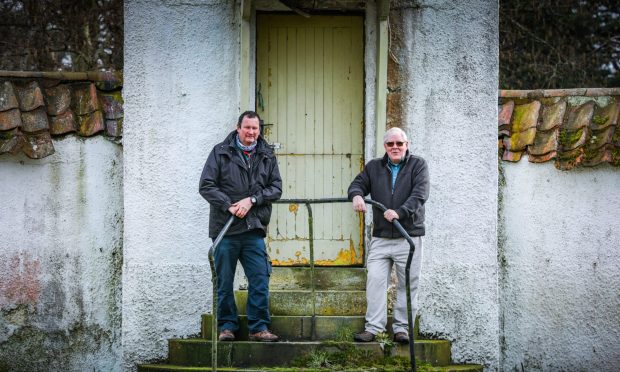
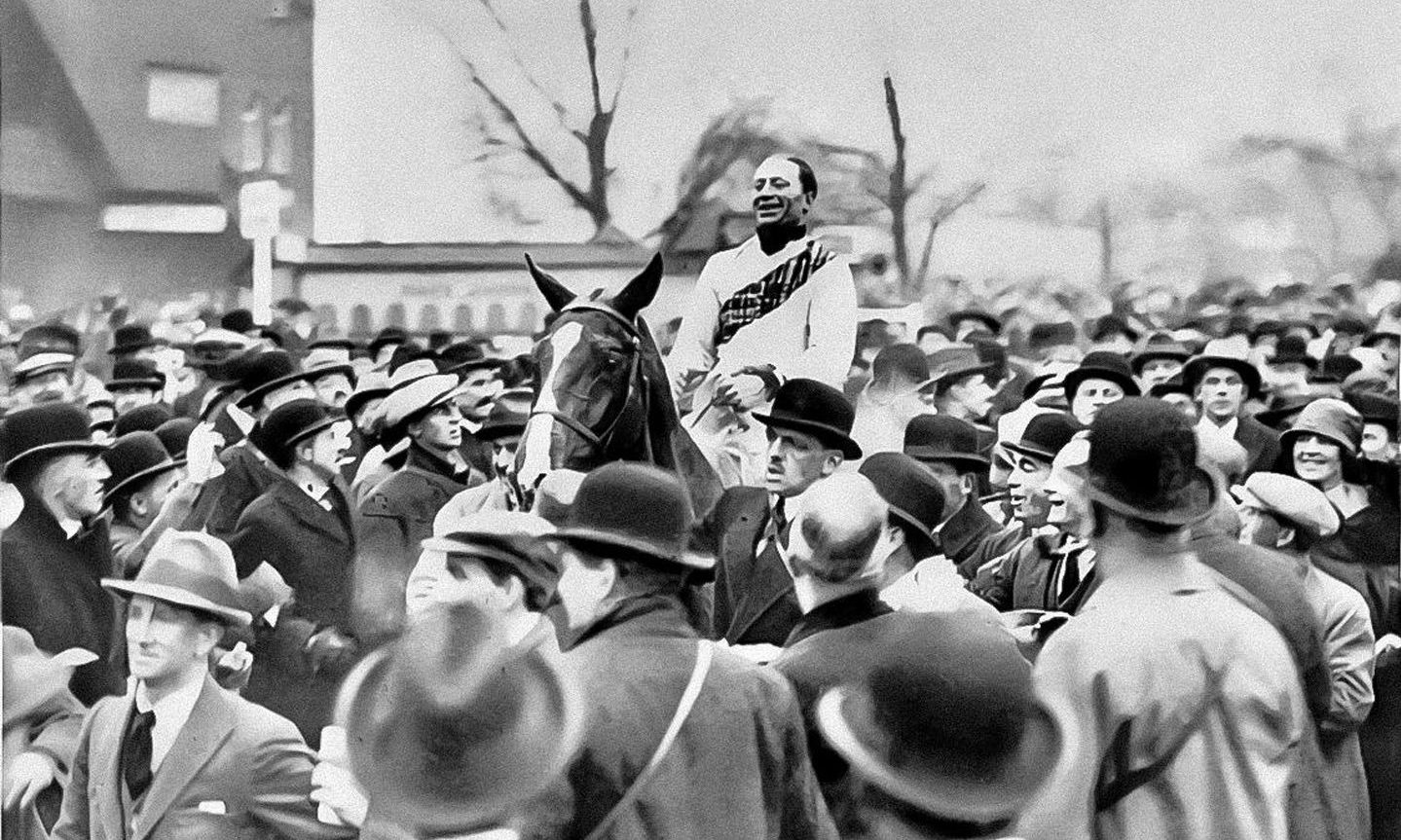
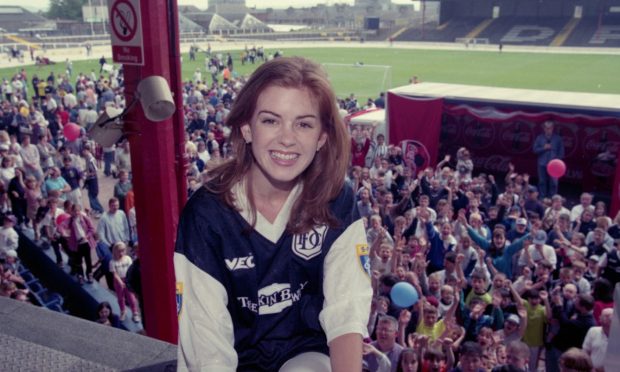
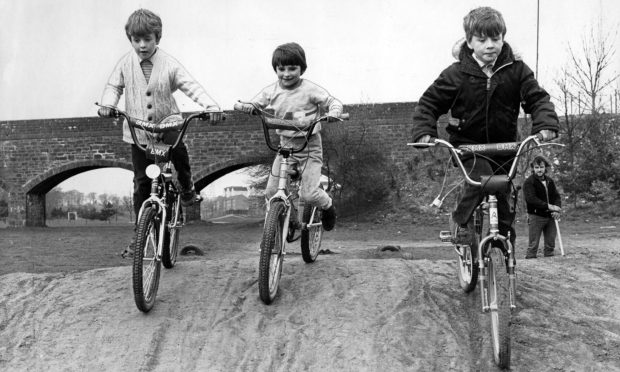
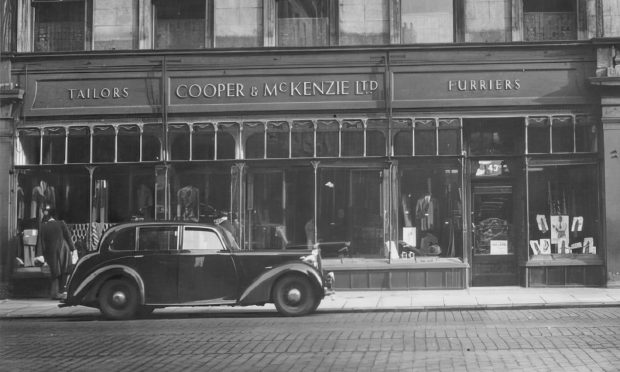
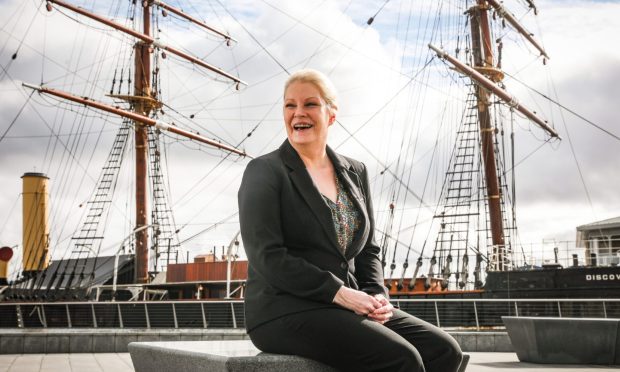
Conversation